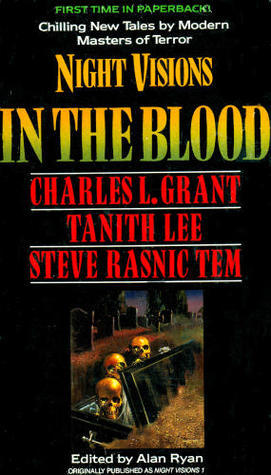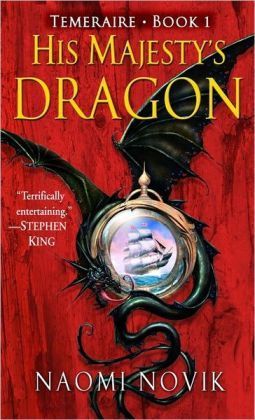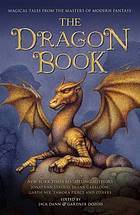
Brief biographies are, like history texts, too organized to be other than orderly misrepresentations of the truth. So when it's written that Lucius Shepard was born in August of 1947 to Lucy and William Shepard in Lynchburg, Virginia, and raised thereafter in Daytona Beach, Florida, it provides a statistical hit and gives you nothing of the difficult childhood from which he frequently attempted to escape, eventually succeeding at the age of fifteen, when he traveled to Ireland aboard a freighter and thereafter spent several years in Europe, North Africa, and Asia, working in a cigarette factory in Germany, in the black market of Cairo's Khan al Khalili bazaar, as a night club bouncer in Spain, and in numerous other countries at numerous other occupations. On returning to the United States, Shepard entered the University of North Carolina, where for one semester he served as the co-editor of the Carolina Quarterly. Either he did not feel challenged by the curriculum, or else he found other pursuits more challenging. Whichever the case, he dropped out several times and traveled to Spain, Southeast Asia (at a time when tourism there was generally discouraged), and South and Central America. He ended his academic career as a tenth-semester sophomore with a heightened political sensibility, a fairly extensive knowledge of Latin American culture and some pleasant memories. Toward the beginning of his stay at the university, Shepard met Joy Wolf, a fellow student, and they were married, a union that eventually produced one son, Gullivar, now an architect in New York City. While traveling cross-country to California, they had their car break down in Detroit and were forced to take jobs in order to pay for repairs. As fortune would have it, Shepard joined a band, and passed the better part of the 1970s playing rock and roll in the Midwest. When an opportunity presented itself, usually in the form of a band break-up, he would revisit Central America, developing a particular affection for the people of Honduras. He intermittently took odd jobs, working as a janitor, a laborer, a sealer of driveways, and, in a nearly soul-destroying few months, a correspondent for Blue Cross/Blue Shield, a position that compelled him to call the infirm and the terminally ill to inform them they had misfiled certain forms and so were being denied their benefits. In 1980 Shepard attended the Clarion Writers’ Workshop at Michigan State University and thereafter embarked upon a writing career. He sold his first story, "Black Coral," in 1981 to New Dimensions, an anthology edited by Marta Randall. During a prolonged trip to Central America, covering a period from 1981-1982, he worked as a freelance journalist focusing on the civil war in El Salvador. Since that time he has mainly devoted himself to the writing of fiction. His novels and stories have earned numerous awards in both the genre and the mainstream.
Series
Books

Liar's House
2004

Only Partly Here
2009

The Year's Best Science Fiction
Eighteenth Annual Collection
2001

Beautiful Blood
2014

The Scalehunter's Beautiful Daughter
1988

Lohikäärmeen varjossa
1993
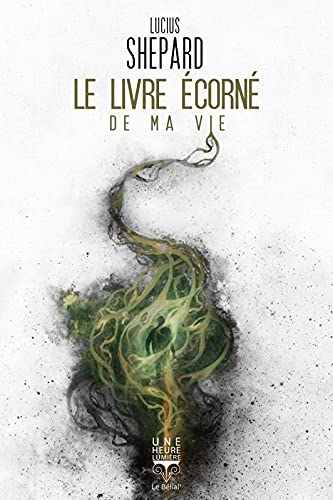
Le Livre écorné de ma vie
2021

Sous des cieux étrangers
2010

Night Visions 11
2004

Trujillo
2013

Cinema Futura
2011

Colonel Rutherford's Colt
2001
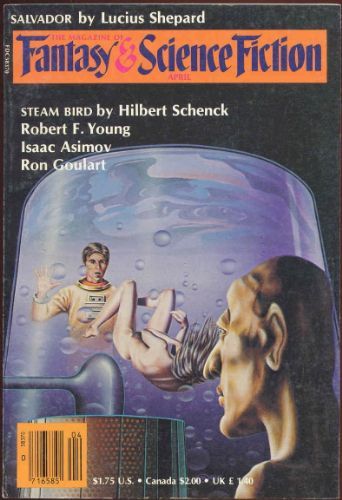
Salvador
1984

Crocodile Rock
1999

Kalimantan
1990

The Golden
1993

Two Trains Running
2002

Louisiana Breakdown
2003

Life During Wartime
1987

Viator
2004
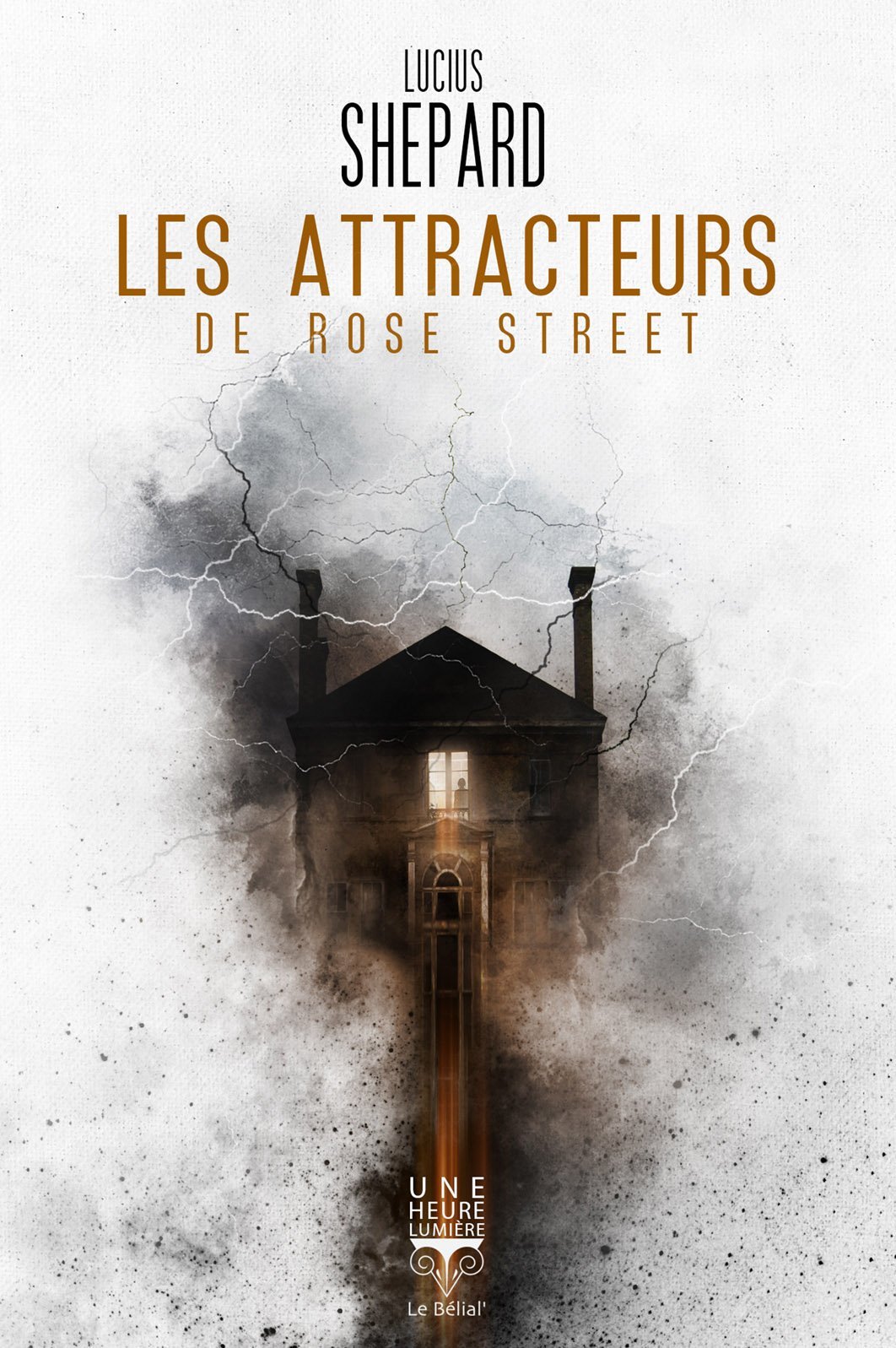
Les Attracteurs de Rose Street
2018
![Dagger Key and Other Stories [signed edition] book cover](https://images-na.ssl-images-amazon.com/images/S/compressed.photo.goodreads.com/books/1277510486i/2271230.jpg)
Dagger Key and Other Stories [signed edition]
2007

Five Autobiographies and a Fiction
2013

The Year's Best Dark Fantasy & Horror 2010
2009

Aztechs
2002

Softspoken
2007

The Best of Lucius Shepard, Volume Two
2008

Beast of the Heartland and Other Stories
1999

The Year's Best Fantasy and Horror
Sixth Annual Collection
1993

The Year's Best Fantasy
First Annual Collection
1988

A Handbook of American Prayer
2004

The Father of Stones
1989

Barnacle Bill the Spacer and Other Stories
1992

Ghosts by Gaslight
2011

Eternity and Other Stories
2005

The Dragon Griaule
2012
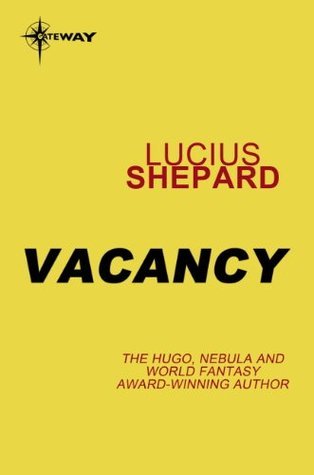
Vacancy
2013

Rakietowe Szlaki tom 7
Antologia klasycznej SF
2012
Radiant Green Star
2000

The Secret History of Science Fiction
2009

Wings of Fire
2010

Fantasy & Science Fiction, March 2001
2001

Floater
2003

The Taborin Scale
2010

Green Eyes
1984

Vacancy & Ariel
2009

R&R
1986

Valentine
2002

